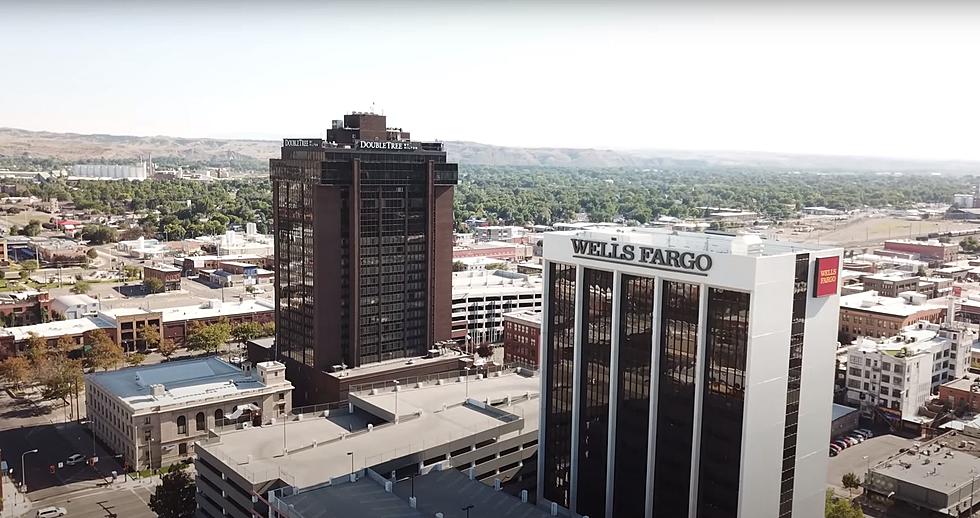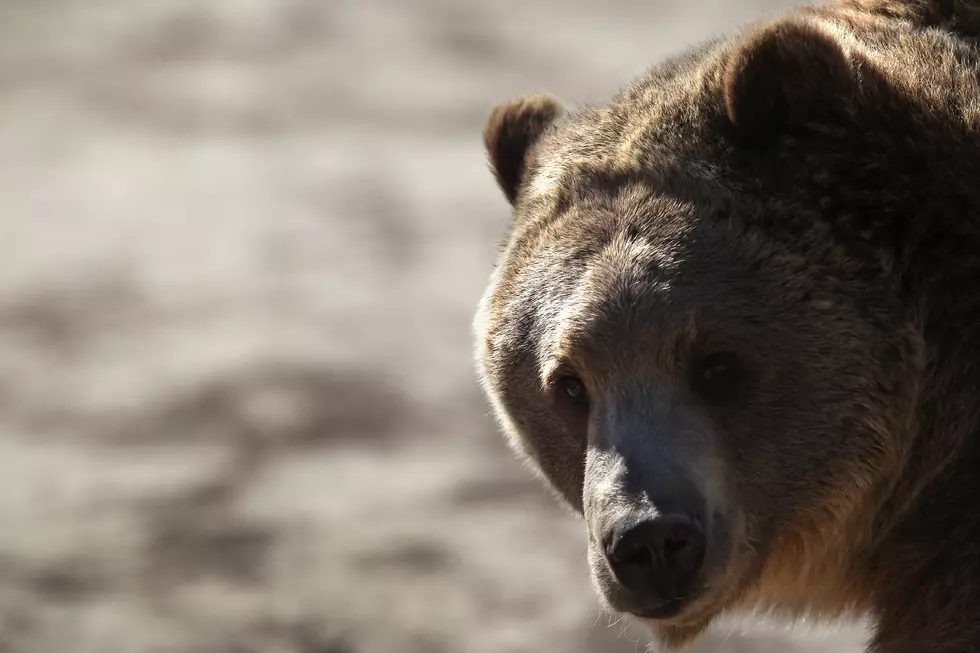
Montana Woman Has Applied for Over 170 jobs. She’s Still Looking
Help wanted signs dot businesses across Montana. Employers in many industries have noted their struggle to find workers. State unemployment rates have dropped to pre-pandemic levels, and data shows around 16,000 workers are currently needed to fill vacant positions in Montana. The shortage isn't new. This 2018 article from Montana Business Quarterly lamenting the lack of employees could have been written yesterday.
Yet, some Montanans are having difficulty finding work, like Leah Ford. We sat down with Leah for a few minutes this week and her story is pretty incredible. You can listen to the podcast below or click here.
Leah has submitted over 170 job applications since November.
A mid-40's professional with a bright personality, Leah moved to Billings in 2013 for a job in the oil and gas industry. It was a good-paying position that she enjoyed for eight years. When the COVID pandemic caused her company to restructure, she eventually lost her job in November 2020.
The not-so-good life collecting unemployment.
Ford immediately started her job search and filed for unemployment. She followed all the recommendations experts tell you to do when looking for work, like "make it your job to find a job." Unemployment only requires one job search per week to continue to receive benefits. Leah was submitting dozens each month, actively searching for a position that matched her skill set and salary requirements.

When asked, "What about all that extra unemployment money?" Leah just chuckled softly, noting the extra COVID unemployment funds hardly make an impact for those accustomed to a professional-level salary. Certainly, some entry-level workers were probably making more by not working, but those who lost "good jobs" in Montana are not getting rich on unemployment.
Only two interviews out of nearly 200 applications. Why?
Out of all those applications, she only received two interviews. Two. Neither led to employment for Leah. Most employers (with few exceptions) now require job seekers to apply online. Leah felt that perhaps the disconnect with online applications and employers has made finding a job more difficult. Computer algorithms can kick out resumes, simply based on automatic keyword scans, potentially eliminating a great hire before their application even reaches a human eye. I personally know smart people who have been rejected from getting an interview, after failing the hiring companies personality test. Simply not answering those weird questions properly can get your name tossed out of the candidate pool. Other possibilities could include age or gender bias.
What's next for Leah?
Leah is packing it up and heading back to Texas, where she hopes to have a better chance of finding work in her chosen profession. She never thought she'd be moving back home with family at this point in her life and career.
Despite the outcry over difficulty finding good employees in Montana, the fact remains most unfilled positions don't really pay very well. The top job opening category in the state is currently "General Farmworkers" with 468 openings, followed by:
- Network and Computer Systems Admins - 454 openings
- Retail Sales - 451 opening
- First-line Supervisors/Retail Sales Managers - 371 openings
- Cashiers - 360 openings
You need to earn $50,000 year (about $24/hour) to afford a $1,250 month apartment in Montana. Most of the jobs listed above fall painfully short.
What state officials are doing about jobs in Montana.
Earlier in May, Governor Greg Gianforte launched an effort to encourage those on unemployment to return to the workforce with a $1,200 incentive. On May 11, 2021, the Governor signed two bills that aim to promote job growth in the state, the Entrepreneur Magnet Act and Corporate Tax Modernization Act. Both bills involve revising tax codes to incentivize employers. Will those lead to more - better paying - jobs in Montana? Time will tell.
The 100 Best Places to Live in the Midwest
More From 103.7 The Hawk









